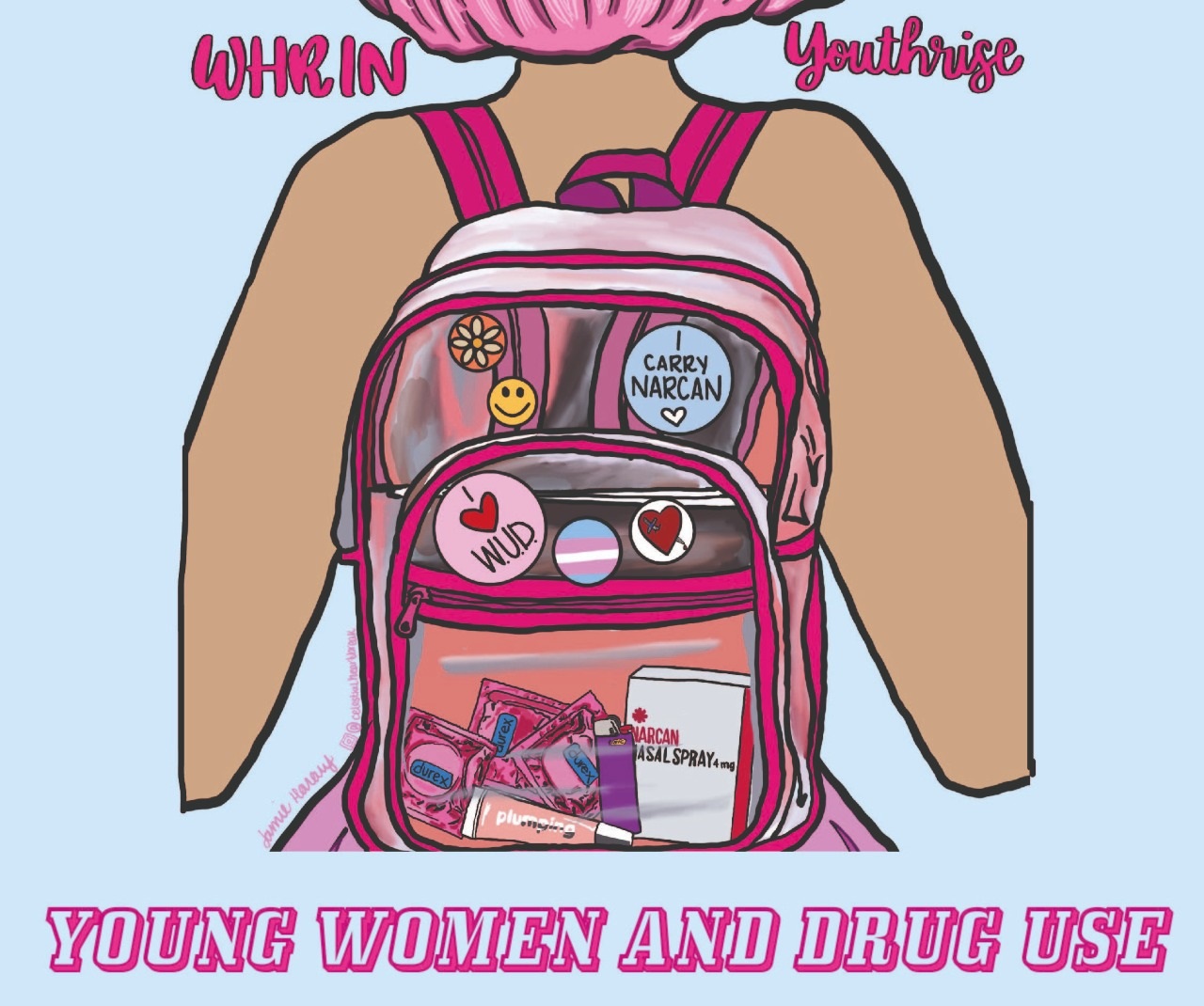Decriminalisation is defined as the removal of criminal sanctions for certain activities related to drug use and possession for personal use.
Several actors in the field of drug policy have indicated that a punitive approach is counterproductive to achieving the health and welfare of humankind. Many UN agencies have reported the negative impact of criminalization on people who use drugs and on their surrounding communities. Recommendations have also been brought that favour a decriminalisation process in drug policies. This process aims to remove the stigma against people who use drugs as well as ensure that they have access to a broad range of support and health services, including prevention, treatment, recovery, and harm reduction. The decriminalisation of drug use and related activities is a policy option that is widely supported by the United Nations as a core component of a human rights- and health-based approach towards people who use drugs.
The current EU Drug Strategy 2021-2025 endorses alternatives to coercive sanctions as an approach that respects the human rights of people who use drugs.
While some EU member states retain a stance of criminalising personal use and related behaviours in their national legislation, several member states have already decriminalised use and possession for personal use, and various EU member states have bills in their parliament to take that step as well.
The Civil Society Forum on Drugs (CSFD), an expert group of the European Commission, is of the opinion that the perspective established by the EU Strategy 2021-2025 – a balanced, human rights-based approach to drug policy – needs to be improved at the EU level and in member states.
After almost two years of discussions and balancing often oposite positions, CSFD produced this Position paper. DPNSEE is proud of being involved and even managed the process of agreeing on the final version of the document.
To access the Position paper, follow this link>>>.


